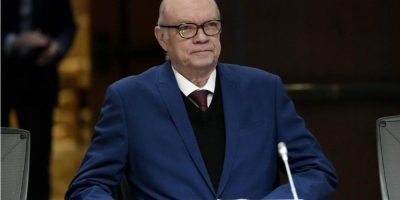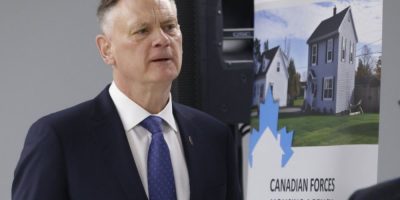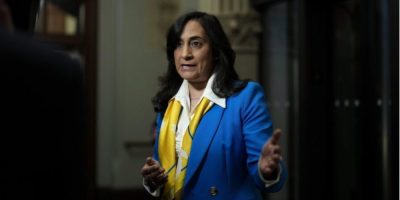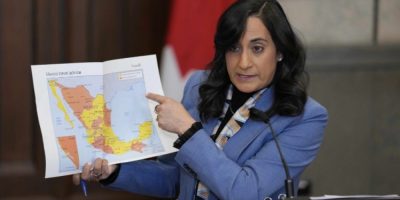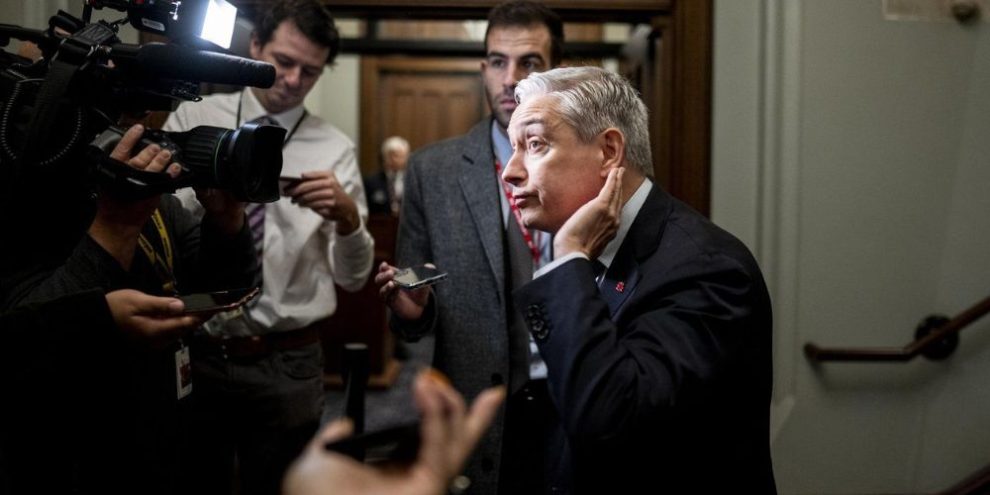
Finance Minister François-Philippe Champagne vowed there would be no surprises in his first federal budget — but members of Parliament could still surprise Canadians with a holiday election.
In his speech to Parliament Tuesday afternoon, Champagne sought to draw a contrast with the Conservatives by saying the budget chooses generational investments over scaling back the supports on which Canadians rely.
Members of Parliament now face a choice: to either allow the budget to pass or vote it down, bringing the minority government down with it.
The Liberals are three seats shy of a majority government, so they need either a handful of opposition votes or a sufficient number of abstentions to pass the budget when it comes up for a vote later this month.
If the government fails this key confidence test, Canadians could be headed back to the polls for a second time this year.
Barrie's News Delivered To Your Inbox
By submitting this form, you are consenting to receive marketing emails from: Central Ontario Broadcasting, 431 Huronia Rd, Barrie, Ontario, CA, https://www.cobroadcasting.com. You can revoke your consent to receive emails at any time by using the SafeUnsubscribe® link, found at the bottom of every email. Emails are serviced by Constant Contact
While Prime Minister Mark Carney has hinted he's ready to run an election on the budget, it's the job of government House leader Steven MacKinnon to ensure Liberals have the necessary support.
He has called on Conservative Leader Pierre Poilievre to not be "grinchy" and to get his MPs onside.
Poilievre said during question period Monday that if the government tables an "affordable" budget, it can avoid an early election.
"The choice for us is simple. If the budget brings down the cost of living, we'll support it. If it brings up the cost of living, just like every other Liberal budget, we will vote no," he said.
Poilievre has said that Carney would have to keep the deficit under $42 billion, cut income taxes and eliminate the industrial carbon price to win Conservative support.
The projected deficit is close to double that benchmark — $78.3 billion for this fiscal year — and the industrial carbon price is being strengthened, not cut.
Interim NDP leader Don Davies told CBC News over the weekend that his caucus hasn't ruled out abstaining from the budget vote.
"If it's good for working people, we'll support it. If it's not, we won't," Davies said on his way into question period Monday.
Christine Normandin, the Bloc Québécois House leader, said in French during question period Monday that the public is not impressed by the government citing the threat of an early election to press the opposition into supporting the budget.
She called on the Liberals to work more closely with the opposition parties because Canadians elected a minority government in April.
Bloc Leader Yves-François Blanchet had said his party is unlikely to support the budget unless its demands are met — a list that includes increasing old-age security payments and boosting health transfers to the provinces.
Champagne told reporters Tuesday that there's something for each of the political parties in the budget, including "generational investments" in affordable housing and new funding for health infrastructure.
"They will have to really think about the position they're going to take," he said in French.
